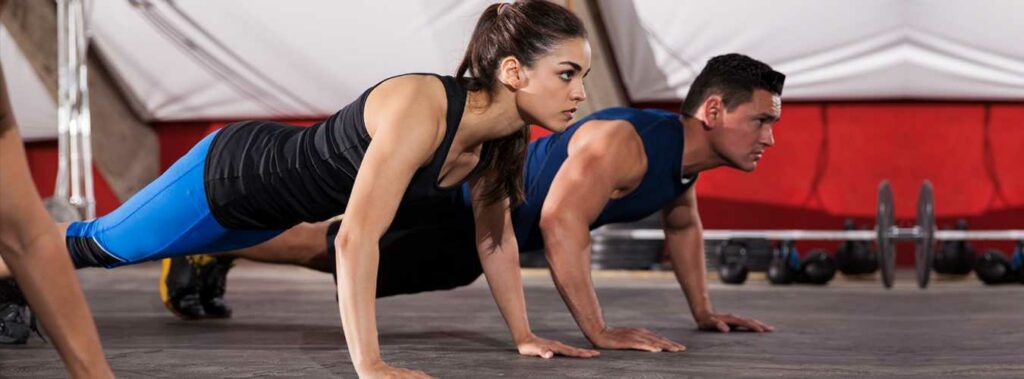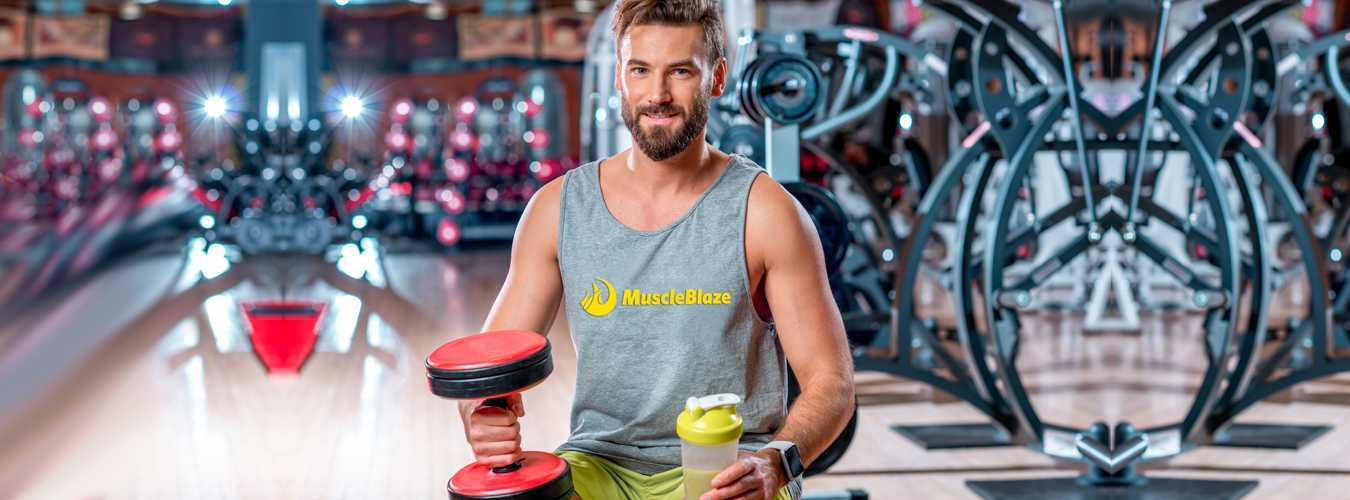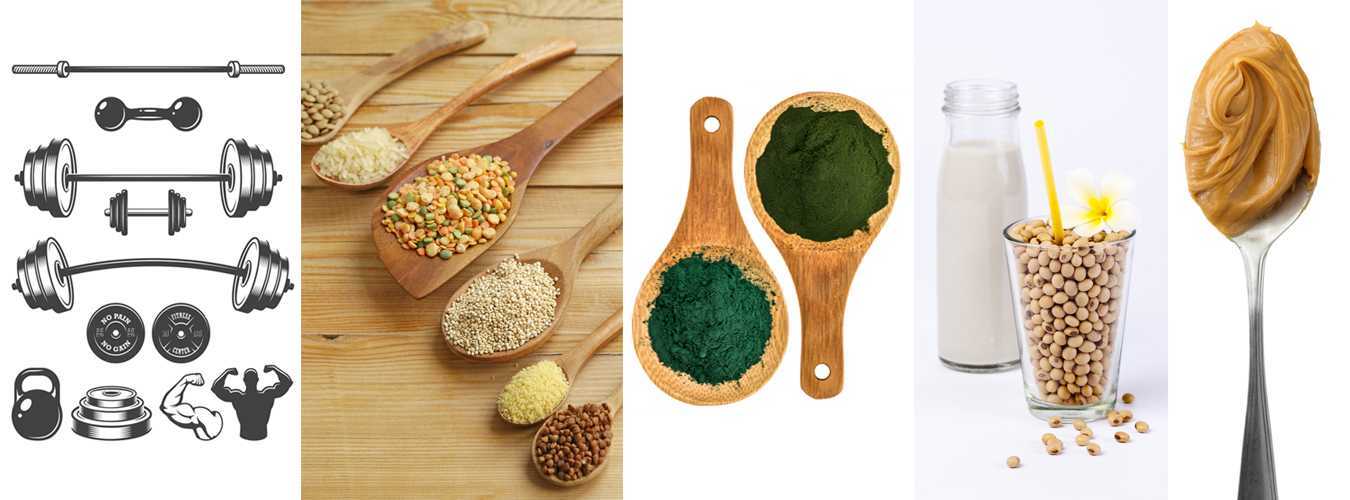How To Do Pushups
2 May 2023
Beyond building muscles, pushup is a barometer of your health and wellness. Know how to do a perfect push up.
For most bodybuilders, if there is only one exercise to practice for the rest of their lives, it has to be pushup, also known as pull up in Britain. There is quite a debate on who started pushup. Modern sources name Jack Revilla, as an inventor of pushups and the historians have deep-dived in the Roman era. According to them, Constantine was the inventor of the push-up.
BENEFITS OF PUSHUPS
A compound exercise, pushup recruits more than one muscle group, primarily chest, shoulders and upper arms. A push-up is a complex compound move that works your chest, biceps and core. A barometer of physical fitness push-up is commonly used in the army, school sport and martial arts. A body-weight exercise, there are different pushup types to engage and build endurance of the fitness enthusiasts. It is estimated that a 40-year-old woman should be able to do 16 push-ups and a man the same age should be able to do 27. By the age of 60, the numbers drop to 17 for men and 6 for women.
1. STRENGTHENS CORE MUSCLES
Of 29 core muscles, a majority are located in the back, abdomen and pelvis. A push-up not only helps you to get a stronger upper body, but also a stronger midsection. It incorporates the stabilization muscles of your core, combining an upper-body pushing movement with a plank. It is, in fact, one of the best and most basic exercises for your midsection.
2. STRONGER BONES
Bone mass naturally declines with age after peaking during your mid to late 30s. Performing weight-bearing exercises like push-ups will strengthen your wrists, forearms, elbows, upper arms and shoulders. They will also help reduce bone loss and promote stronger and denser bones.
3. IMPROVED METABOLISM
A push-up is a compound exercise. It uses a large number of muscles at the same time. All of this muscular activity means that your heart must work hard to pump blood to your working muscles, which also causes your breathing rate to increase. Furthermore, a set of pushups will elevate your metabolic rate while you are doing them and as you recover afterward, you will continue to burn fat.
HOW TO DO A PUSH-UP
- Get in a plank position, with your hands under your shoulders and knees below your hips. Keep your abdomen taut as if you are going to take a punch. Your back should remain neutral and at no point, you should feel a strain in your back.
- Lower your body without curving your back or neck, until your chest grazes the floor. Do not allow your butt to stick out at any point and your whole body should remain in a straight line.
- Exhale. Push back yourself to the position where you had started from (plank). Press upwards through your arms by straightening your elbows. Keep the torso rigid and the head aligned with your spine.
COMMON PUSH-UPS MISTAKES
1. Arching or sagging lower back
2. Forgetting to breathe
3. Flaring elbows
4. Go easy with the numbers.
PUSHUP VARIATIONS
Wide-grip push-up
Target area: chest.
Start like a regular pushup, but spread your hands wider than shoulder length to make your chest muscles work harder.
Narrow-grip push-up
Target area: triceps.
Do normal a normal pushup with your hands just a few inches apart from each other underneath your chest.
3) T-pushup
Target area: full-body workout.
Start from the pushup position. Take one hand off the ground and balance yourself on the other. Your raised hand should form a T. Repeat with your other side. Add dumbbells to make the workout more intense.
Single-leg push-up
Target area: intensifies work on upper body and core.
Lift one leg up off the ground and do a set. Switch legs on the next set.
Feet-elevated push-ups
Target area: intensifies work on upper body and core.
Do a normal push-up, but with your feet elevated on a stable platform like a box or bench. The higher the platform, the more you’ll work your shoulders, chest, core, and scapular stabilizers (the muscles that connect your neck, midback, and shoulders).
The benefits of push-ups move beyond muscle building. In older people, push-ups work to prevent weakening of muscles. Women start with a disadvantageous position as far as push-up is concerned, as they have 20 percent lower muscle mass than men. If the floor based push-up is difficult to start with, you should begin start by leaning against a countertop at a 45 degree angle. Press up and down. Later, move to stairs. Eventually, target the floor with your body weight and make the most out of pushups.









 100% Safe & Secure payments:
100% Safe & Secure payments:




